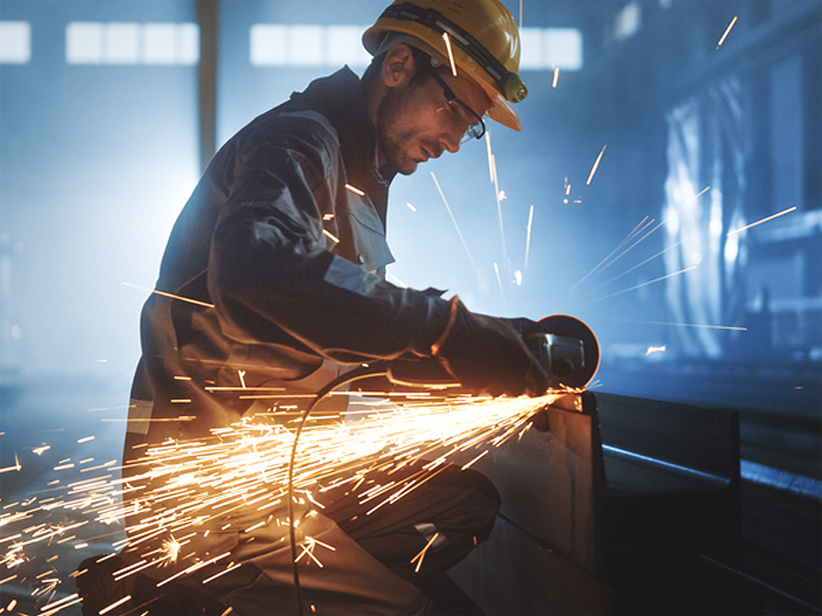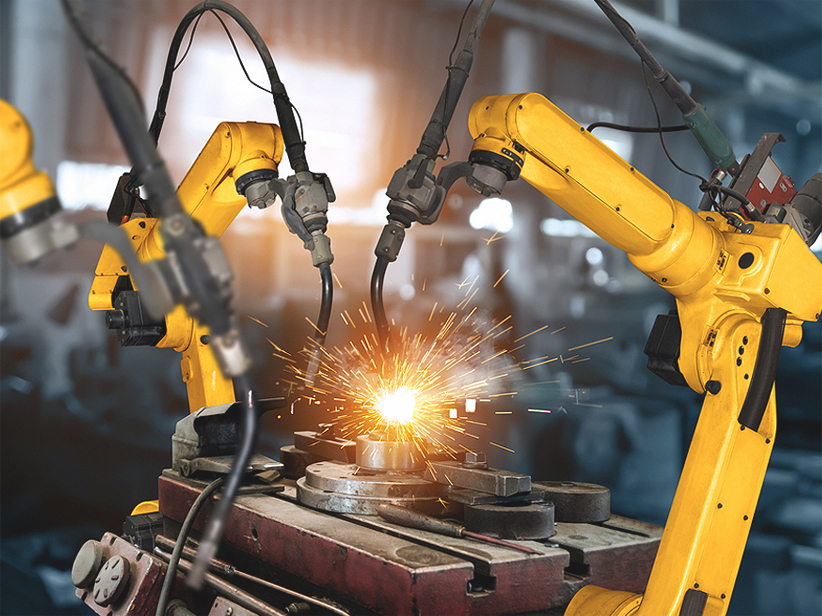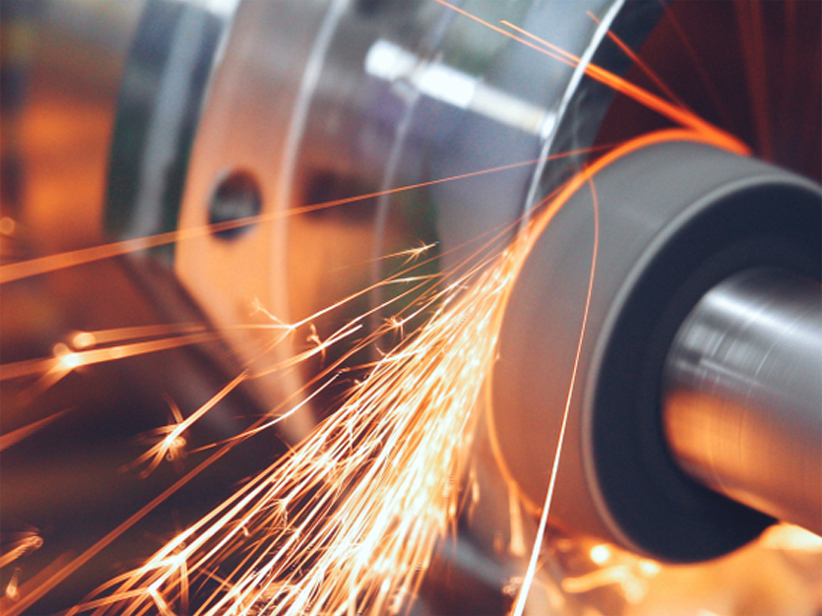Description
Stainless Steel Grade 439 (DIN 1.4510) is a ferritic stainless steel that offers excellent resistance to corrosion, particularly in oxidizing environments. It is stabilized with titanium, which improves its weldability and resistance to intergranular corrosion. This grade is particularly used in applications where both corrosion resistance and weldability are essential. Stainless Steel 439 exhibits good formability and moderate mechanical properties, making it a preferred choice in the automotive and exhaust industries.
Chemical Composition
The typical chemical composition of Grade 434 is as follows:
Chromium (Cr): 17.0 - 19.0%
Nickel (Ni): ≤ 0.50%
Manganese (Mn): ≤ 1.00%
Silicon (Si): ≤ 1.00%
Titanium (Ti): 0.10 - 0.75%
Carbon (C): ≤ 0.030%
Phosphorus (P): ≤ 0.040%
Sulfur (S): ≤ 0.030%
Nitrogen (N): ≤ 0.030%
Mechanical Properties
The mechanical properties of Grade 434/1.4113 are as follows:
Tensile Strength: 415 - 485 MPa
415 - 485 MPa: ≥ 240 MPa
Elongation: ≥ 20% in 2 inches (50.8mm)
Hardness: ≤ 90 HRB
Thermal & Physical Properties
The thermal and physical properties include:
Density: 7.7 g/cm³
Melting Point: 1480°C - 1520°C
Thermal Conductivity: 25 W/m•K at 100°C
Specific Heat: 460 J/kg•K at 20°C
Electrical Resistivity: 600 µΩ•cm at 20°C
Coefficient of Thermal Expansion: 10.5 µm/m•K (20-100°C)
Other Designations
UNS: S43035
JIS: SUS439
EN: 1.4510
ASTM: A240
Fabrication and Heat Treatment
welding: Stainless Steel 439 has good weldability and can be welded using common welding techniques. However, pre-heating is not generally required. Post-weld annealing may be necessary to restore corrosion resistance.
Forming: The material exhibits good formability and can be easily bent, drawn, and rolled. Care must be taken to avoid cracking in severe forming operations.
Heat Treatment: This grade cannot be hardened by heat treatment. It is typically supplied in the annealed condition to provide optimum corrosion resistance and formability.
Applications
Automotive Industry: Exhaust systems, catalytic converters, mufflers.
Construction: Roofing, wall panels, and structural supports.
Industrial: Heat exchangers, furnace parts, and chemical processing equipment.
Catering Equipment: Commercial kitchen equipment, appliances, and food processing units.
Energy: Parts exposed to corrosive environments in the power generation sector.
Supplied Forms
Coils
Bars
Features
Excellent Corrosion Resistance: Particularly in oxidizing environments and against chloride-induced stress corrosion cracking.
Good Weldability: Stabilized with titanium, reducing the risk of intergranular corrosion post-welding.
Formability: Can be easily formed into various shapes, making it versatile for different applications.
Thermal Stability: Retains properties at elevated temperatures, making it suitable for heat exchangers and exhaust systems.
Cost-Effective: A more affordable option compared to austenitic stainless steels, with sufficient performance for many applications.






